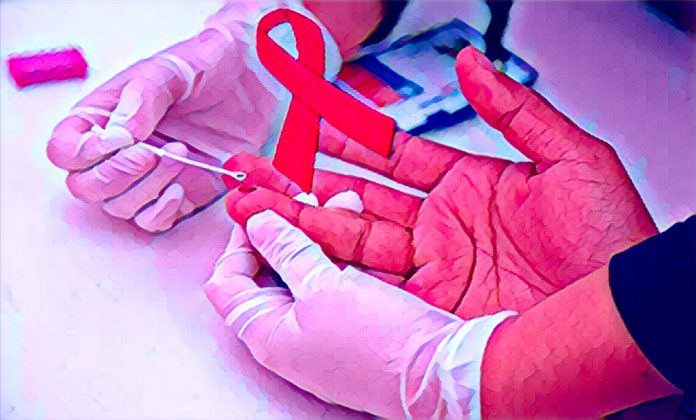KEY POINTS
- 75 percent of new HIV infections among adolescents occur in girls, underscoring the need for targeted health interventions.
- Early marriage and gender-based violence are significant contributors to the vulnerability of Nigerian girls.
- Education and empowerment initiatives can help break the cycle of poverty and disease for adolescent girls.
In recent years, reports have indicated alarming trends concerning the vulnerability of adolescent girls to HIV infections. According to UNICEF, 75 percent of new HIV infections among adolescents globally occur in girls, and Nigeria is not exempt from this issue.
The rising infection rates among girls point to broader systemic challenges that hinder young women’s access to healthcare, education, and protective resources.
In many Nigerian communities, early marriage, lack of education, and gender inequality exacerbate the spread of HIV.
Celine Lafoucriere, Chief of UNICEF’s Field Office for South West Nigeria, emphasized that young girls are often at a higher risk of dropping out of school, making them more vulnerable to health risks such as HIV. “One in four adolescent girls is neither in education nor employed, compared to one in two boys,” she noted.
The impact of early marriage and gender-based violence
One of the root causes of the increasing vulnerability of girls to HIV is the prevalence of early marriages in Nigeria. Many girls are married off before the age of 18, depriving them of the chance to complete their education and make informed decisions about their health.
According to UNICEF, one in five young women aged between 20 and 24 was married as a child. This reality exposes them to a heightened risk of contracting HIV due to limited access to education and health services.
In addition, nearly 25 percent of partnered or married adolescent girls have experienced physical or sexual abuse. This abuse not only robs them of their autonomy but also increases their vulnerability to sexually transmitted infections, including HIV. Many girls cannot protect themselves from these risks without access to education and protection.
Empowering Nigerian girls for a healthier future
Despite these challenges, Nigerian girls have shown remarkable resilience. As part of UNICEF’s 2024 International Day of the Girl theme, “Girls’ Vision for the Future,” there is hope for change.
Furthermore, Lafoucriere explained that adolescent girls are taking charge of their futures, advocating for their rights, and seeking opportunities to break free from societal constraints. “Girls alone cannot bring about the desired change. They need allies who listen to their needs and respond,” she said.
One way to empower girls is through education. Studies have shown that girls who complete their education are less likely to contract HIV. Moreover, educational programs that focus on life skills, sexual health, and HIV prevention can provide girls with the tools they need to make informed decisions.
Additionally, programs that offer protection from gender-based violence are essential in reducing the number of infections.
Conclusion: A call to action
Protecting adolescent girls from HIV and gender inequality requires collective efforts from governments, civil society, and international organizations. It is critical to provide access to education, health services, and legal protection to ensure that young girls are not left behind.
As Lafoucriere stated, “Together, we can create a world where every girl’s rights are protected, and their futures are limitless.”
The fight against HIV among adolescent girls in Nigeria is a vital part of achieving global health and gender equality. However, by focusing on education and health access, Nigerian girls can break free from the cycles of poverty and disease that have limited their potential for too long.



